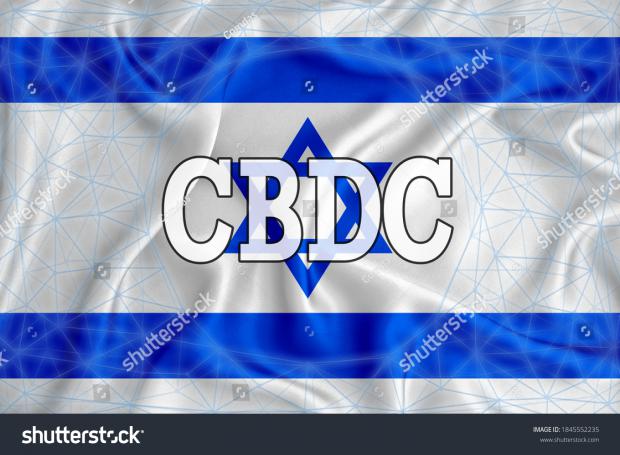
Breaking News
 BREAKING WW3 ALERT: NATO Commanders Propose Launching A Massive Sneak Attack...
BREAKING WW3 ALERT: NATO Commanders Propose Launching A Massive Sneak Attack...
 Wireless ultrasonic cutter is truly a jack of all trades
Wireless ultrasonic cutter is truly a jack of all trades
 Phony Partisan "Charities" Overplayed Their Hand In 2024
Phony Partisan "Charities" Overplayed Their Hand In 2024
 Huawei Ditches Android OS In New 'Made-In-China' Smartphone
Huawei Ditches Android OS In New 'Made-In-China' Smartphone
Top Tech News
 Forget Houston. This Space Balloon Will Launch You to the Edge of the Cosmos From a Floating...
Forget Houston. This Space Balloon Will Launch You to the Edge of the Cosmos From a Floating...
 SpaceX and NASA show off how Starship will help astronauts land on the moon (images)
SpaceX and NASA show off how Starship will help astronauts land on the moon (images)
 How aged cells in one organ can cause a cascade of organ failure
How aged cells in one organ can cause a cascade of organ failure
 World's most advanced hypergravity facility is now open for business
World's most advanced hypergravity facility is now open for business
 New Low-Carbon Concrete Outperforms Today's Highway Material While Cutting Costs in Minnesota
New Low-Carbon Concrete Outperforms Today's Highway Material While Cutting Costs in Minnesota
 Spinning fusion fuel for efficiency and Burn Tritium Ten Times More Efficiently
Spinning fusion fuel for efficiency and Burn Tritium Ten Times More Efficiently
 Rocket plane makes first civil supersonic flight since Concorde
Rocket plane makes first civil supersonic flight since Concorde
 Muscle-powered mechanism desalinates up to 8 liters of seawater per hour
Muscle-powered mechanism desalinates up to 8 liters of seawater per hour
 Student-built rocket breaks space altitude record as it hits hypersonic speeds
Student-built rocket breaks space altitude record as it hits hypersonic speeds
 Researchers discover revolutionary material that could shatter limits of traditional solar panels
Researchers discover revolutionary material that could shatter limits of traditional solar panels
Israel: Kima has successfully initiated the transfer of a tokenized share via CBDC

The initiative launched by the Bank of Israel aimed to find a potential use case for the adoption of the digital shekel.
Summary
Israel and the successful use case of Kima for the adoption of the CBDC
Israel and the use cases for adopting the CBDC
Israel and the successful use case of Kima for the adoption of the CBDC
According to what is reported, the peer-to-peer protocol of Kima has successfully implemented a use case for the adoption of the Central Bank Digital Currency (CBDC). This initiative was launched directly by the Bank of Israel.
In practice, it seems that Kima has successfully facilitated the transfer of a tokenized stock via digital shekels.
Specifically, the purchase of a tokenized stock using the digital shekel was then converted into fiat shekel to finalize the process, using Kima's settlement layer.
Kima is a peer-to-peer money transfer and payment protocol independent of assets. To demonstrate the utility of its protocol, Kima built an imaginary trading platform called PeerTrade that facilitated an atomic swap of tokenized shares.
By doing so, Kima orchestrated the transaction in place of an intermediary, connecting the buyer who used their CBDC to purchase the share from the seller who held the tokenized share in their wallet. The seller then received the payment in their bank account in the form of shekel in fiat currency.
During the entire process, Kima's technology ensured that the transaction was secure and verified. The process took place instantly, while Kima's blockchain functioned as a decentralized deposit without intermediaries or smart contracts, additional fees, delays, or unforeseen events.



